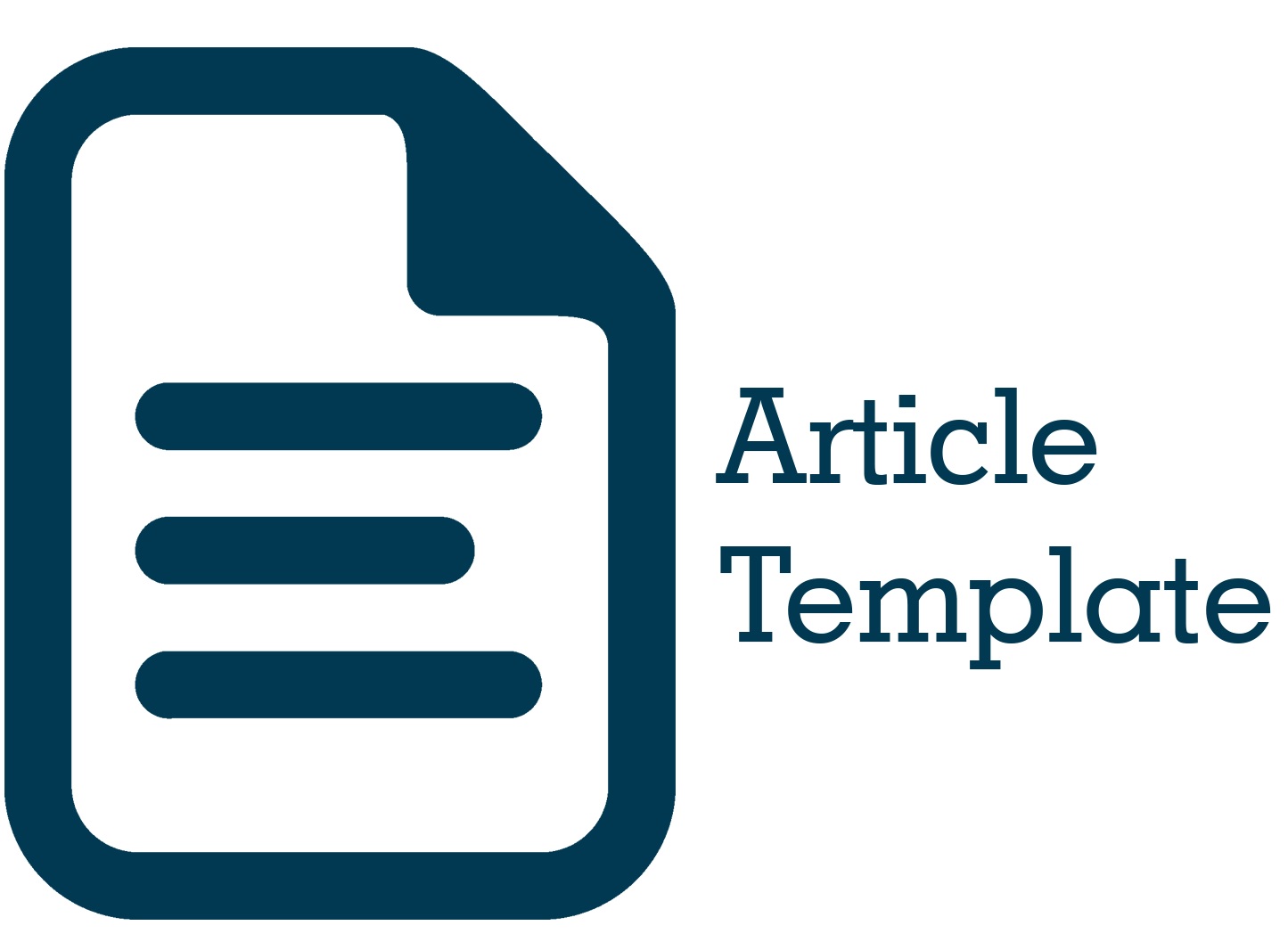Optimalisasi Pengaruh Kepemimpinan dan Disiplin Kerja Terhadap Kinerja Pegawai Melalui Motivasi Kerja
DOI:
https://doi.org/10.51135/PublicPolicy.v5.i1.p155-170Keywords:
Leadership, Work Discipline, Work Motivation, Employee PerformanceAbstract
This study examines how leadership, work discipline, and work motivation affect employee performance, with work motivation as the mediator. This study involved 30 Cepogo sub-district office employees from Boyolali Regency. This research is quantitative. Data analysis with multiple regression. The coefficient of determination of 80.8% indicates that the independent variable explains most of the employee performance variables. There were 19.2% of variables that did not affect employee performance. The findings of this study show a strong relationship between leadership and work discipline with employee performance. There is a positive but not statistically significant effect on employee performance caused by leadership. The results of the indirect influence of leadership variables can be influenced by work motivation variables on employee performance variables. Work discipline cannot be influenced by work motivation because the results of such variables are too small to be influenced by motivation. This is because the results of direct influence are greater than the results of indirect influence.
Downloads

Downloads
Published
How to Cite
Issue
Section
License
Authors whose manuscripts are published in the Journal of Public Policy must agree to the following terms;
- Publication rights for all manuscript materials published are held by the editorial board with the author's consent.
- The legal formalities for digital access to the Journal of Public Policy are subject to the Creative Commons Attribution Sharealike (CC BY SA) license, which means the Journal of Public Policy has the right to store, redistribute, reformat, manage in a database, maintain, and publish the manuscript without seeking permission from the author as long as the author's name is included as the copyright owner.
- Published manuscripts are open access for the purpose of disseminating research results. Besides this purpose, the editorial board is not responsible for copyright law violations.


.png)



